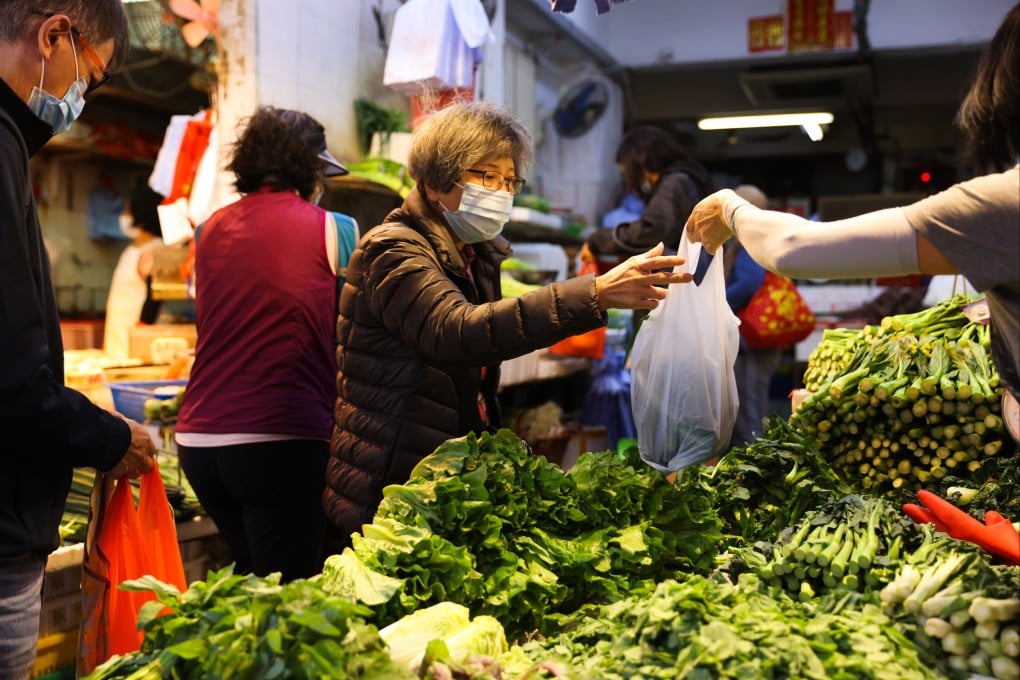China’s ageing population a ‘long-term reality’, and its silver economy needs to catch up, State Council says
- New guidelines set out to rectify an ‘unbalanced and inadequate development’ of industries and policies that cater to the elderly
- Improving internet connectivity and related services for the elderly is also deemed a priority

China has released guidelines to better accommodate the needs of the elderly, in line with the nation’s efforts to address its rapidly ageing population.
To “actively cultivate the silver economy”, the guidelines – released by the State Council on Wednesday – called for the implementation of support policies, for improvements to industries and services that cater to the special needs of the elderly, and for enhanced market supervision to protect the rights of the elderly.
“Population ageing will be a long-term reality in Chinese society, and the industries [catering to] the elderly have unbalanced and inadequate development,” said Wang Haidong, director of the National Health Commission’s Department of Ageing and Health, in an explainer of the guidelines.
Infrastructure, services and health care for the elderly all must be improved, and international cooperation should be enhanced to more effectively manage the global ageing crisis, the guidelines state.
China has been hard-pressed to address its rapidly ageing population in recent years. People aged 60 and older totalled 264 million, or 18.7 per cent of China’s population, according to the 2020 census released this year, and people aged 65 and above accounted for 13.5 per cent.
In 2020, China’s so-called silver economy market totalled 5.4 trillion yuan – a 25.6 per cent increase from 4.3 trillion yuan in 2019, according to the Intelligence Research Group, a Beijing-based consulting firm. And in 2021, the value of China’s silver economy is set to expand to 5.9 trillion yuan, which would make it the world’s largest market for the elderly.
Despite the colossal scale and urgent needs of China’s elderly population, there is no matching infrastructure nor enough supporting industries to serve them, said Wei Jianguo, vice-chairman of the China Centre for International Economic Exchange.
These guidelines come at a time when China’s population is ageing at an unprecedented scale and speed
“These guidelines come at a time when China’s population is ageing at an unprecedented scale and speed,” Wei said. “Whether and how we can tackle the urgent ageing problem is key to the development of the whole society and to the foundation on which an inclusive and prosperous country can be built.”
Wei also pointed out that China lacks a comprehensive infrastructure system capable of providing the elderly with both physical and mental care. And in its development process, Wei said, China must focus on how to better help its people and develop its own solutions, rather than rigidly copying the strategies of other developed countries.
“Unlike older people in the US, European countries or Japan and South Korea who accumulated fortunes before retirement, our elderly got old before they got well off,” Wei said.